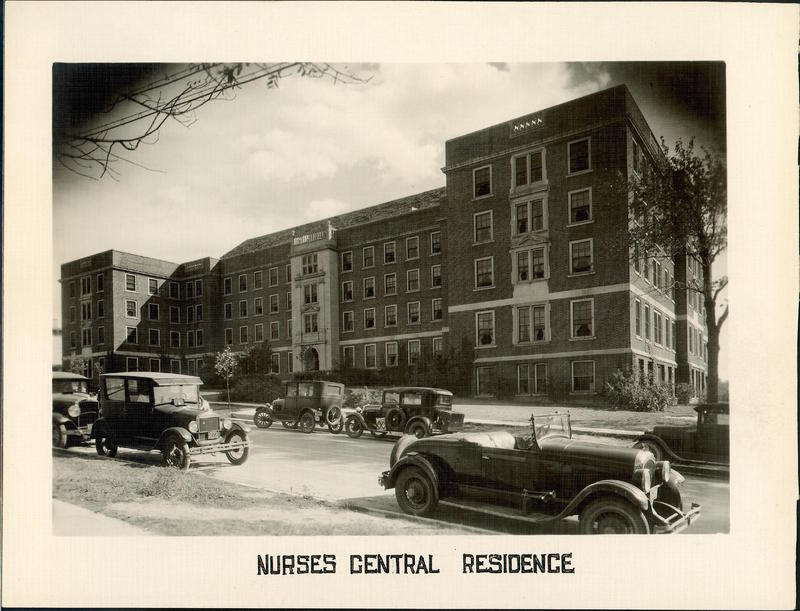Marjorie Franklin: Opening Couzen's Doors for Black Women
In 1924, a woman by the name of Marjorie Franklin was admitted into the University of Michigan's School of Nursing. Like most nursing students, she qualified for housing in Couzens Residence Hall, then a residence hall primarily for nursing students and their classes. However, when she was preparing to move into Couzens, she was denied and was unable to move in because unlike her colleagues, she was black. It was feared that white students would "object" to her being there.1
Marjorie Franklin didn't let institutional racism prevent her from experiencing nursing school. She hired Oscar Baker, a black University of Michigan law graduate, to defend her case. He wrote to the Board of Regents and formulated a plan to allow for equal access to the University's facilities.
Although it was a difficult and lengthy struggle, Marjorie Franklin was allowed to reside in Couzens for the last year of her nursing program. Marjorie's efforts paved the way for racial integration of other residence halls at the University of Michigan.
In the words of a University of Michigan student-made 1999 documentary on diversity:
"The efforts of University of Michigan individuals like her [Marjorie Franklin] who pushed for equal rights and greater diversity are the ones who helped to change the University for the better."2
1. Margaret L. and Nicholas H. Steneck, "Towards and Inclusive University: Stories from the History of Diversity at the University of Michigan" VHS, 1999, Bentley Historical Library, University of Michigan.
2. Ibid.

